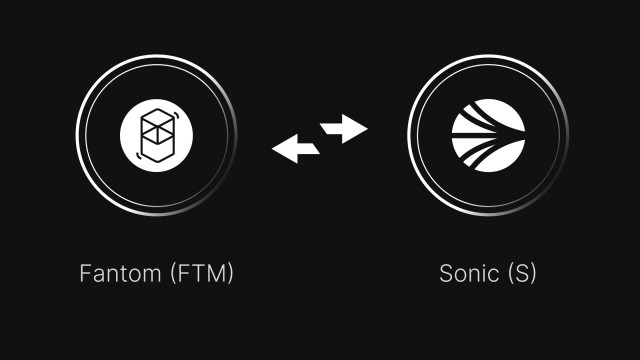Star Entertainment’s downward trajectory has intensified, putting 8,000 jobs at its Sydney and Queensland casinos at risk. The embattled Australian operator recently revealed that its available cash had dropped to A$79 million, marking a sharp A$70 million reduction. This financial strain has been further exacerbated by a cash burn of A$107 million during the December quarter, highlighting the significant challenges the company faces.

As it grapples with severe liquidity concerns, exacerbated by dwindling bank support, the company’s financial troubles, including a significant debt burden, have led to a loss of confidence among creditors. Shares plummeted to record lows as Star flagged challenges in its cash position and acknowledged difficulty meeting financial covenants. This crisis is further compounded by regulatory scrutiny and a drop in consumer confidence, creating a perfect storm for the embattled operator.
While it contends with these turbulent times, gambling enthusiasts can seek other alternatives, including online counterparts that provide players with Australian no deposit bonus codes, which can be found at NoDepositRewards. As Star struggles to regain its financial footing and reputation, questions remain about its ability to secure the necessary support to stabilize operations. The outcome of these efforts will have far-reaching implications for Australia’s gaming and hospitality sectors.
Bleak Future
With casino revenues declining and regulatory compliance costs escalating, Star Entertainment faces a challenging future, compounded by disappointing outcomes from its substantial investment in the Queen’s Wharf Brisbane development. This ambitious project, undertaken in partnership with Hong Kong-based Chow Tai Fook and Far East Consortium, has fallen short of providing the critical financial uplift the company desperately needs.
To address its precarious position, Star is exploring options to raise cash, including breaking up the company’s assets. However, this strategy would require shareholder approval. Another possibility is selling its Gold Coast and Brisbane casinos, although even these measures may not be sufficient to stabilize the company’s finances.
As for Star Sydney, a potential buyer could be the US private equity firm Blackstone, which already owns Crown Sydney. However, Blackstone may hesitate due to Star’s ongoing liabilities, including a pending AUSTRAC fine and class-action lawsuits. These inherited risks could deter immediate action. Instead, Blackstone might wait for the company to fail and then approach regulators to take over the license. This approach would allow them to start fresh, free of fines or legal entanglements.
Potential Lifeline
Xingchun Wang, a Macau-based businessman, recently acquired 158.3 million shares in Star Entertainment Group between September 2024 and January 10, 2025, becoming the company’s second-largest shareholder. The acquisition, valued at AU$19.8 million, pushes Wang above the disclosure threshold, representing a notable investment amid the embattled Australian casino operator’s ongoing financial difficulties.
Wang, reportedly linked to a Hong Kong-listed coal group and once ranked among China’s wealthiest individuals, has invested an estimated AU$35 million in Star shares. Despite his substantial commitment, Star’s share price continues to plummet, dropping from AU$5.12 in 2016 to just AU$0.125 as of January 2025.
Next Steps
In its latest filing, Star Entertainment reported a sharp decline in available cash, falling from AU$149 million to AU$79 million during the final quarter of 2024. This significant drop occurred despite the company drawing AU$100 million from a newly established debt facility. Adding to these financial challenges are regulatory caps preventing any single investor from holding more than a 10% stake, ensuring no entity gains disproportionate control over operations.
The company faces considerable obstacles in accessing the next tranche of funding, exacerbating its liquidity crisis. If stabilization efforts fail, Star may be forced into voluntary administration, leaving shareholders—including billionaire Bruce Mathieson, who holds a 9.6% stake—facing significant losses. While Mathieson’s investments reportedly alleviate immediate liquidity concerns, the company’s long-term outlook remains precarious.
Although no formal government intervention has been proposed, state-led support from New South Wales or Queensland could emerge as a potential solution to safeguard Star’s 9,000 employees and the broader casino industry. The significant contribution of Star’s operations to tourism and gambling tax revenues may prompt government action to prevent a collapse.
If Star Entertainment does manage to survive, it will re-enter an industry undergoing major changes, including the implementation of new reforms aimed at protecting vulnerable groups, reshaping the gambling landscape, and promoting responsible gaming. However, voluntary administration remains a looming possibility, as the financial challenges facing the operator may prove insurmountable.

 Hot Features
Hot Features













